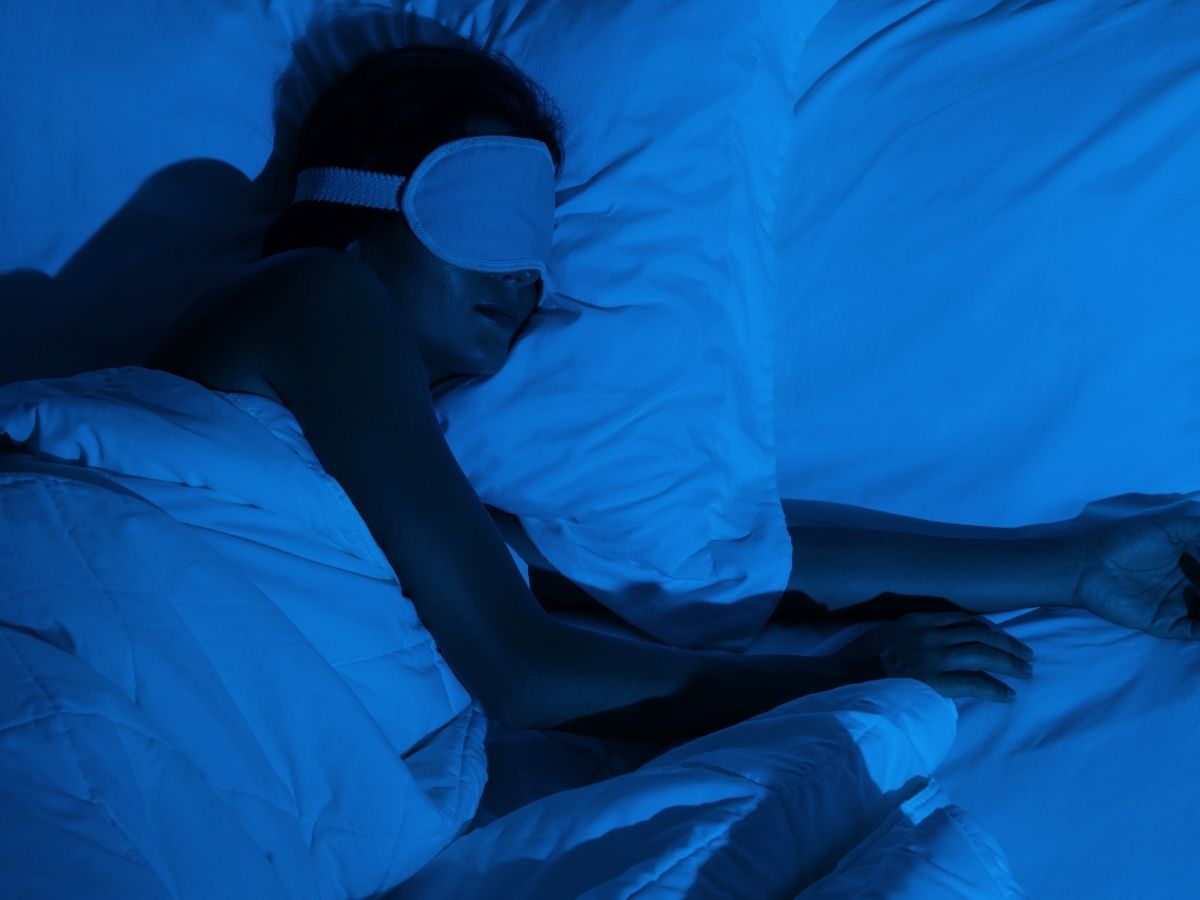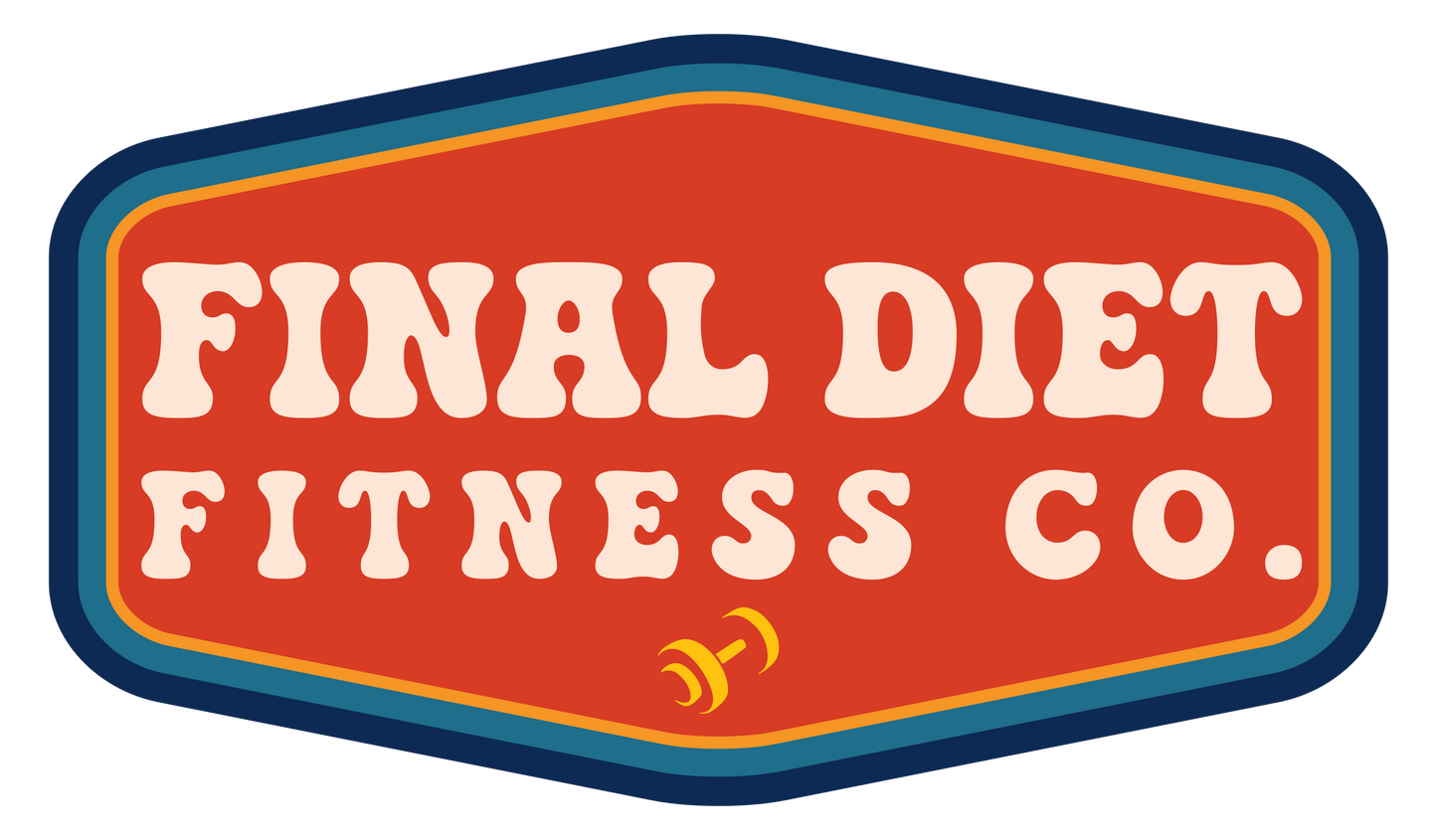
If you’re training hard and eating well but still not seeing progress, sleep and stress may be the missing pieces. Both play a major role in hormone regulation, recovery, and fat loss.
1. How Sleep Affects Fat Loss
Lack of sleep raises cortisol and ghrelin, which increase cravings and slow recovery. Aim for 7–9 hours per night.
2. Stress and Cortisol
Chronic stress keeps cortisol elevated, signaling your body to store fat—especially around the midsection.
Fix it: Try walking, deep breathing, or journaling daily to manage stress.
3. Rest Improves Performance
Without recovery, you can’t train at your best. Fatigue reduces intensity, and intensity drives progress.
Fix it: Schedule 1–2 rest days weekly.
4. Sleep Hygiene Tips
- Keep a consistent bedtime.
- Avoid screens 30 minutes before bed.
- Keep your room cool and dark.
Takeaway:
Fat loss isn’t just about workouts—it’s about recovery, too. Better sleep and less stress help your body burn fat more efficiently.
